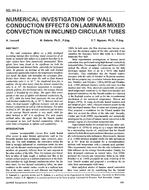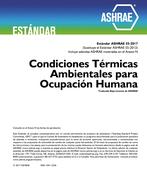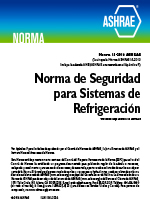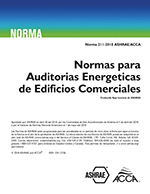Description
The wall conduction effects on a fully developed ascending laminar flow involving mixed convection of air inside an inclined tube subject to a uniform heat flux on its outer surface have been numerically investigated. These effects have been found to be significant on both the hydrodynamic and thermal fields, especially for horizontal tubes. In general, an increase of the tube wall thermal conductivity appreciably reduces the temperature stratification inside the fluid, and intensifies the secondary flow. Results have shown that when the wall to fluid thermal conductivity ratio is less than or equal to 10 to the power -1, the interfacial heat flux is uniform. On the other hand, when the thermal conductivity ratio is greater than or equal to 10 to the power 3, the interfacial temperature is circumferentially uniform. For horizontal tubes, the average Nusselt number is bounded by two limits. The upper limit corresponds to the case of infinite wall thermal conductivity (kp greater than or equal to 10 to the power 3), while the lower limit represents the case of zero wall thermal conductivity (kp less than or equal to 10 to the power -1). Between these two limits, the heat transfer coefficient increases with the wall thermal conductivity as well as with its thickness. For tubes inclined at 30 deg, the effect of wall conduction and thickness on the average Nusselt number is very small, while for tubes inclined at 60 deg it is significant. For such steeply inclined tubes, the upper limit for the Nusselt number corresponds to zero wall thermal conductivity, while its lower limit corresponds to infinite wall conductivity.
KEYWORDS: inclined, tubes, horizontal, walls, heat flow, heat transfer coefficient, thermal conductivity, conduction, temperature stratification, calculating, computer programs, comparing, Nusselt number.
Citation: Symposium, ASHRAE Trans. 1994, Vol.100, Part 1,
Product Details
- Published:
- 1994
- File Size:
- 1 file , 1.3 MB
- Product Code(s):
- D-17770




